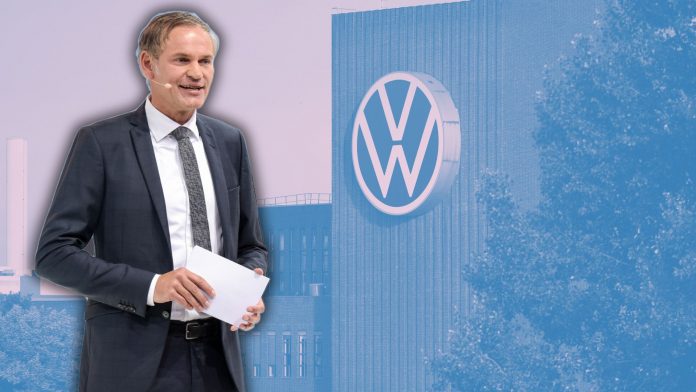Volkswagen has struck a pivotal deal with its union leaders to preserve its 10 German factories and maintain job security agreements until 2030, despite looming plans to cut 35,000 jobs.
The agreement comes after 70 hours of negotiations, five rounds of talks, and two major strikes in the past month involving 100,000 workers, marking the largest labor action in the automaker’s history.
While the deal spares immediate factory closures, layoffs, and wage reductions, workers agreed to several concessions, including:
- Forgoing bonuses.
- Reducing permanent trainee employment.
- Cutting capacity at five factories, reducing production by 700,000 vehicles annually.
Volkswagen aims to save approximately $4.2 billion annually through these measures, which is part of a broader effort to streamline operations. The company has committed to implementing the job cuts in a “socially responsible manner” over the coming years, using early retirement and voluntary severance packages.
In addition to workforce reductions, Volkswagen plans to cut bonuses for 4,000 managers, resulting in an approximate 10% reduction in annual income for next year, with smaller reductions extending through the decade. However, these cuts currently exclude top executives like CEO Oliver Blume. Unions are now advocating for senior leadership to take similar 10% pay reductions, signaling potential additional negotiations.
Strategic challenges driving restructuring
Volkswagen’s cost-cutting efforts come amid declining sales in China, the automaker’s largest market, and increasing competition from domestic players like BYD. Simultaneously, Chinese automakers are aggressively entering the European market, intensifying competition on VW’s home turf.
The automaker is also revisiting its EV retail model to better compete globally while attempting to shorten development cycles to reduce production costs and bring new vehicles to market faster.




